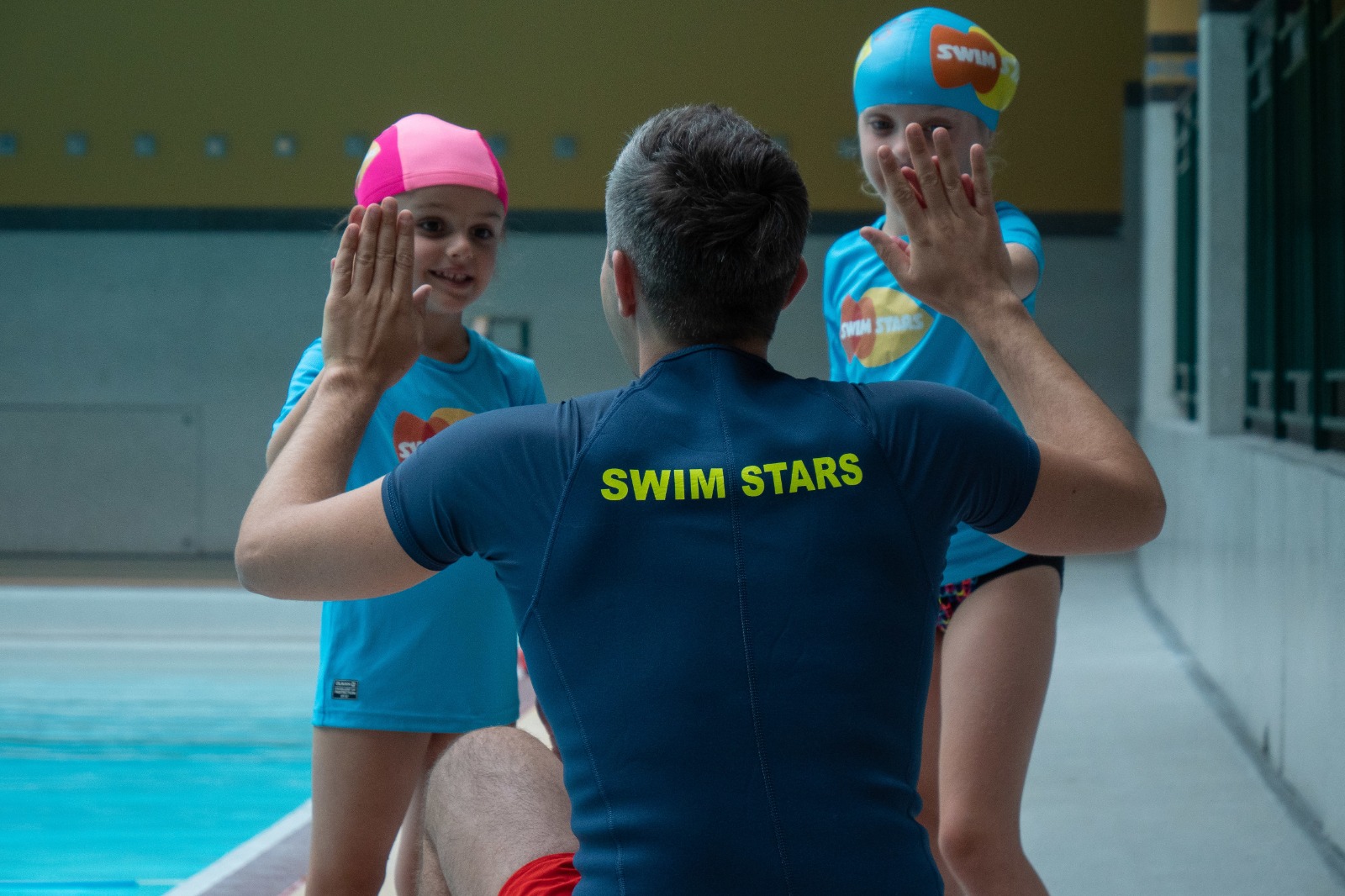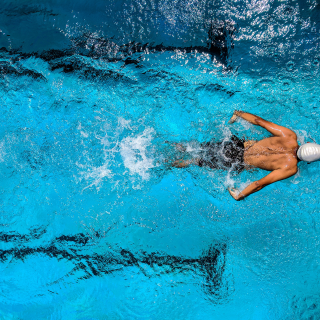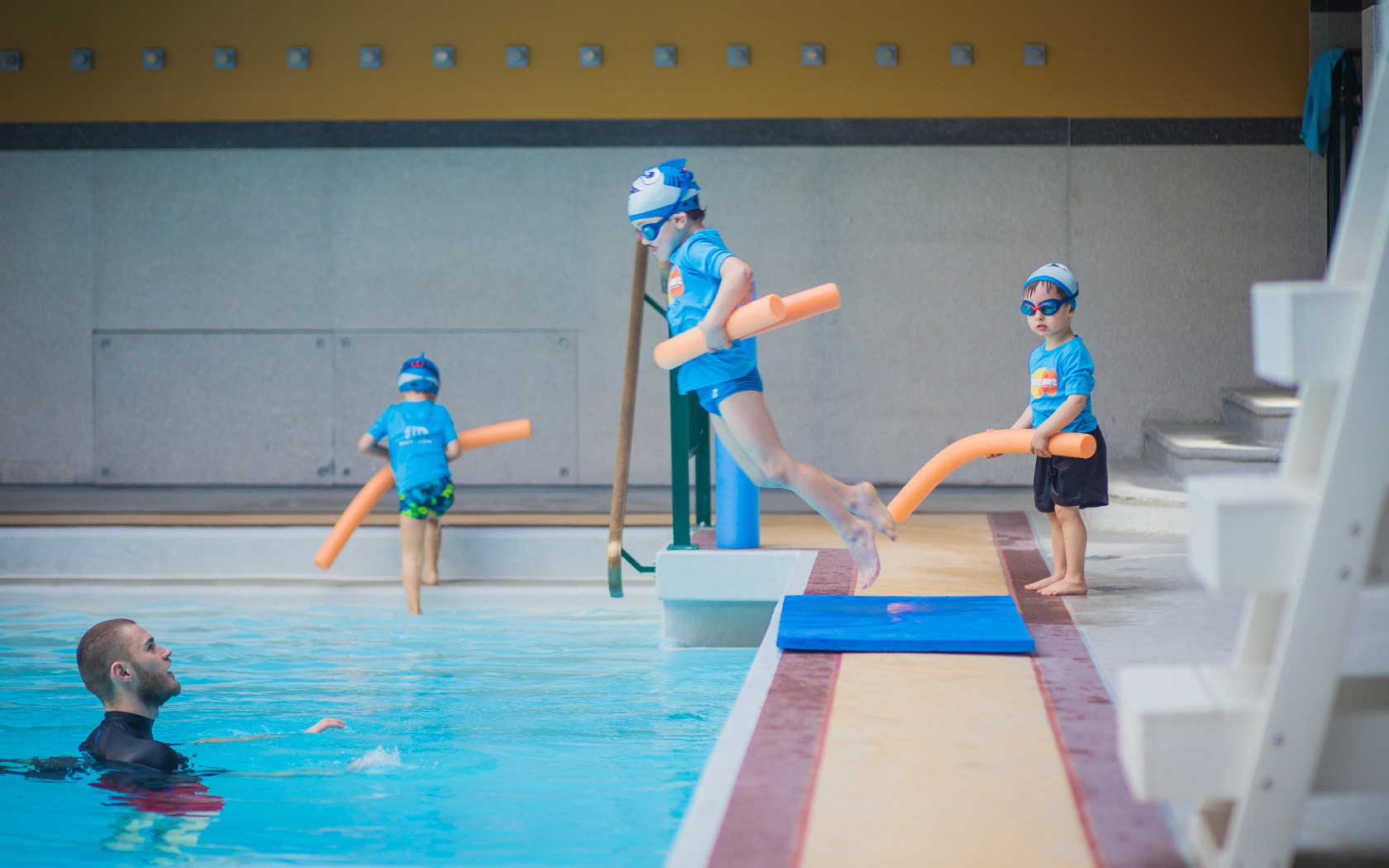What is the ideal age for learning to swim?
Learning to swim can start very early. Find out about the ideal age to introduce your child to swimming lessons and the alternatives available before that age.

Learning to swim can start very early. Find out about the ideal age to introduce your child to swimming lessons and the alternatives available before that age.

From the age of 3, a child can start learning the basics of swimming and survival reflexes, without accessories such as armbands or buoys. Familiarization with the aquatic environment can begin as early as 6 months.

Children can learn to swim from the age of 5, developing the skills needed to master the 4 main strokes. Learning the technique of the 4 strokes (backstroke, backstroke, breaststroke, butterfly) requires physical and mental capacities: maturity, memorization, concentration, motor coordination of movements, spatial-temporal and bodily reference points, balance… These aptitudes develop with age, at rates specific to each child, but they are generally not sufficiently pronounced before the age of 5. Mastering these strokes requires not only physical and mental ability, but also comfort in the water. Aquatic fluency, independence and learning the basics of swimming are skills that can be acquired from an early age.
Où prendre des cours ?
Following in the footsteps of baby swimmers, anti-drowning courses for children aged 3 and over are essential for their aquatic safety. The aim is to be safe in the water. Through repetition and mimicry, children acquire skills that will be invaluable in the event of a fall into the water: turning onto their backs in a starfish position (the safety position par excellence!) so they can rest, breathe or call for help, play the little dog to the shore and get out of the water on their own.
The skills acquired from an early age will greatly facilitate his further development: being more at ease in the water, not being afraid of being splashed, daring to put his head under water… As you can see, before learning to swim, you need to learn to save yourself!
From the age of 6 months, babies can be introduced to the aquatic environment so that they can discover, understand and feel confident in it. Baby swimming classes are suitable for children aged 6-36 months, and are a special time when parents can be an integral part of their child’s development by being in the water with them. Swimming with your baby helps him develop confidence in the water, muscle strength and motor skills in a progressive, fun way.
Je m’inscris
In many municipal pools and clubs, swimming lessons begin at the age of 6. Groups vary from 10 to 20 children. Under this age, the name of the activities may vary depending on the municipal pool: aquatic garden, aqua-kids, aquatic awakening, pitchouns à l’eau, water garden… As these activities are very popular and the number of places is very limited, it is advisable to register in advance and to respect school cycles. It is possible to take private lessons with lifeguards by asking at the reception desk of pools offering this service.


@swimstars.co